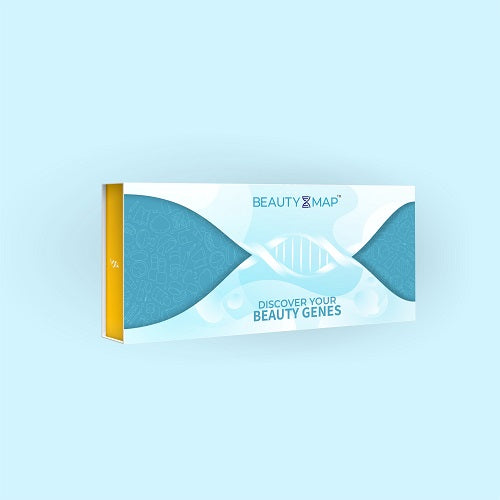Sun Sensitivity
Understanding Sun Sensitivity
Sun sensitivity, also known as photosensitivity or photodermatitis, refers to an increased sensitivity of the skin to sunlight or artificial UV radiation. Individuals with sun sensitivity may experience exaggerated reactions to sun exposure, including sunburn, rash, itching, and redness. This condition can be caused by various factors, including certain medications, medical conditions, skincare products, and genetic predispositions.
Risk Factors
- Medications: Some medications, including certain antibiotics, diuretics, antifungals, nonsteroidal anti-inflammatory drugs (NSAIDs), and acne treatments, can increase sensitivity to sunlight and cause sunburn or skin reactions.
- Medical Conditions: Certain medical conditions, such as lupus, rosacea, eczema, autoimmune diseases, and porphyria, can make the skin more prone to sun sensitivity.
- Skincare Products: Ingredients in skincare products, such as fragrances, preservatives, and alpha hydroxy acids (AHAs), can cause photosensitivity reactions when exposed to sunlight.
